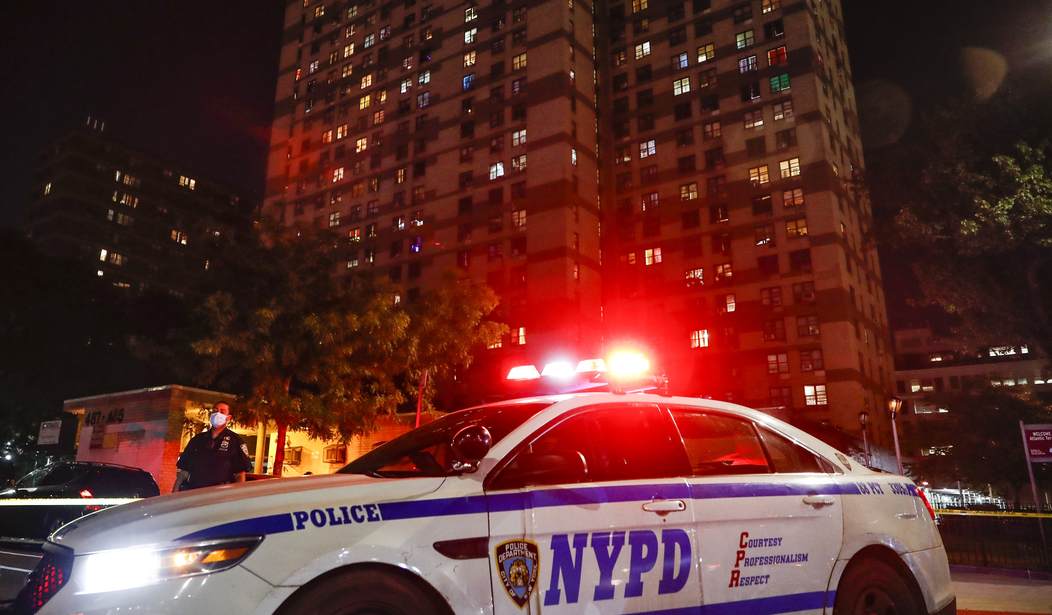 The sputtering end of the Obama administration’s plans to prosecute Khalid Sheik Mohammed in federal court came one day late last month in a conversation between the president and one of his top Cabinet members.
The sputtering end of the Obama administration’s plans to prosecute Khalid Sheik Mohammed in federal court came one day late last month in a conversation between the president and one of his top Cabinet members.
Attorney General Eric H. Holder Jr. had called President Obama to inform him that he would be returning the case to the Defense Department, a decision that would mark the effective abandonment of the president’s promise to close the military detention center at Guantanamo Bay, Cuba.
During the call, Obama did not press Holder to find a way to resurrect the federal prosecution of Mohammed and four co-defendants, according to senior administration officials familiar with the conversation. He did not object. Instead, he called it a pragmatic decision.
It was a fittingly quiet coda to the effort to close the military detention center. For more than two years, the White House’s plans had been undermined by political miscalculations, confusion and timidity in the face of mounting congressional opposition, according to some inside the administration as well as on Capitol Hill. Indeed, the failed effort to close Guantanamo was reflective of the aspects of Obama’s leadership style that continue to distress his liberal base — a willingness to allow room for compromise and a passivity that at times permits opponents to set the agenda.
The president answered questions about his Guantanamo policy when asked, but only once in two years, other than in a major speech at the National Archives, did he raise the issue on his own. Guantanamo was competing with other legislative priorities, particularly health care, that consumed most of the administration’s attention.





 Four people were arraigned on Saturday in New Jersey for allegedly posing as immigration attorneys and...
Four people were arraigned on Saturday in New Jersey for allegedly posing as immigration attorneys and... President Donald Trump kicked reporters out of a breakfast meeting Feb. 20 with governors so the...
President Donald Trump kicked reporters out of a breakfast meeting Feb. 20 with governors so the...






























